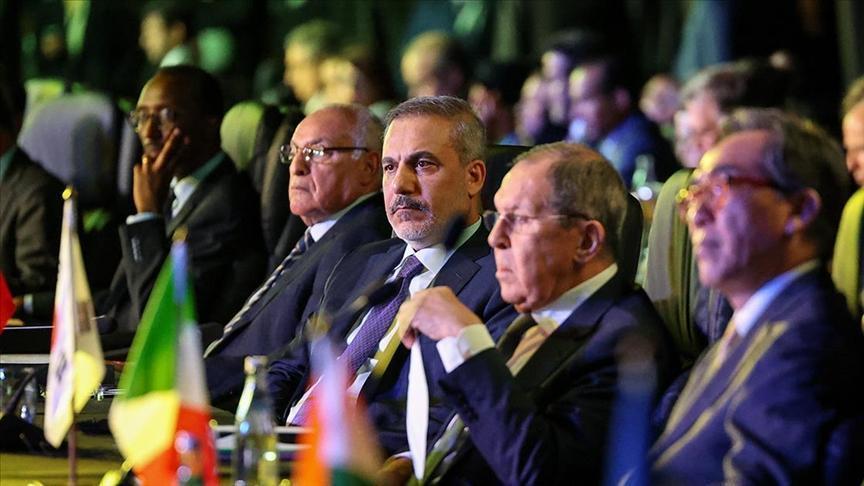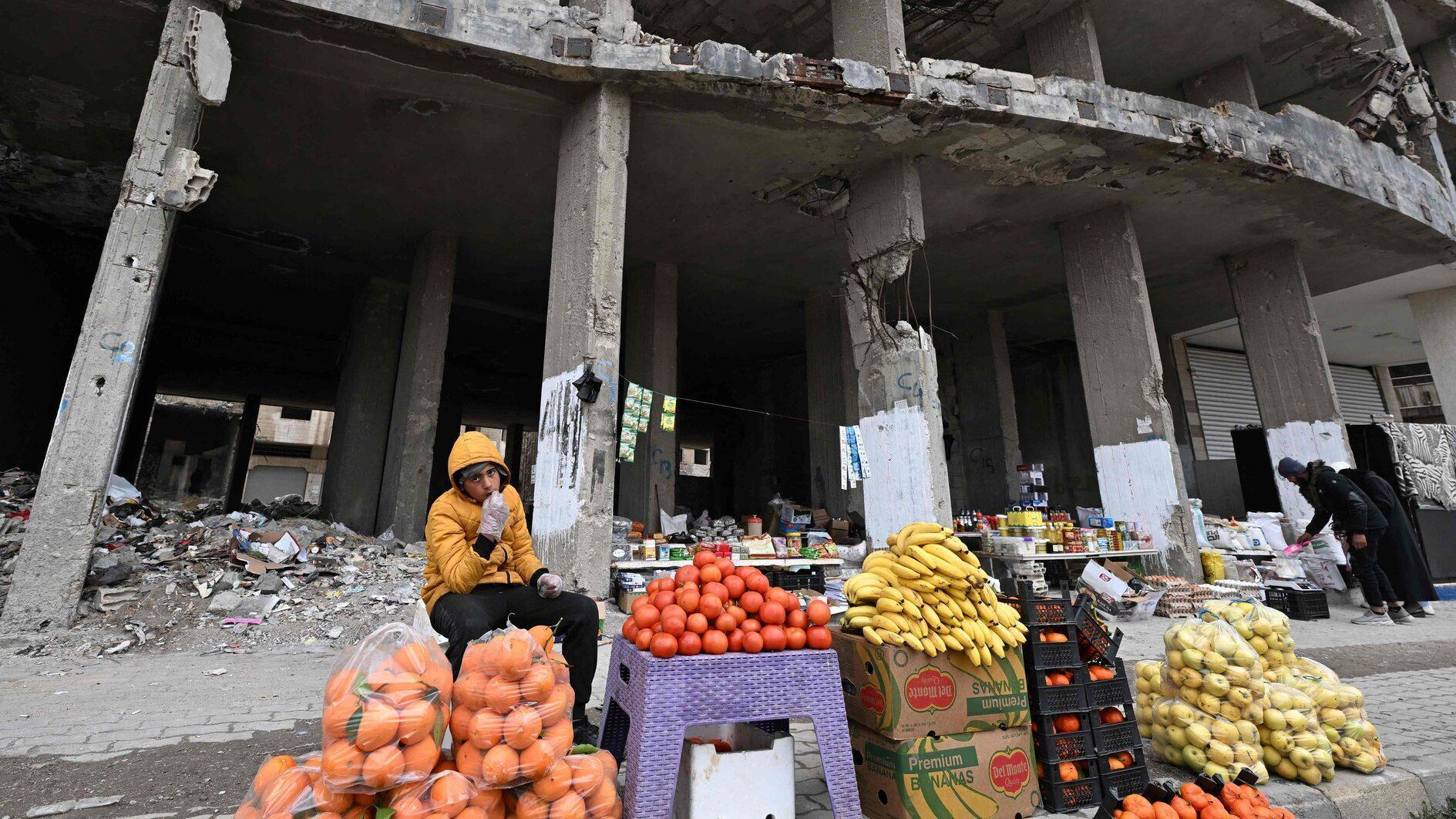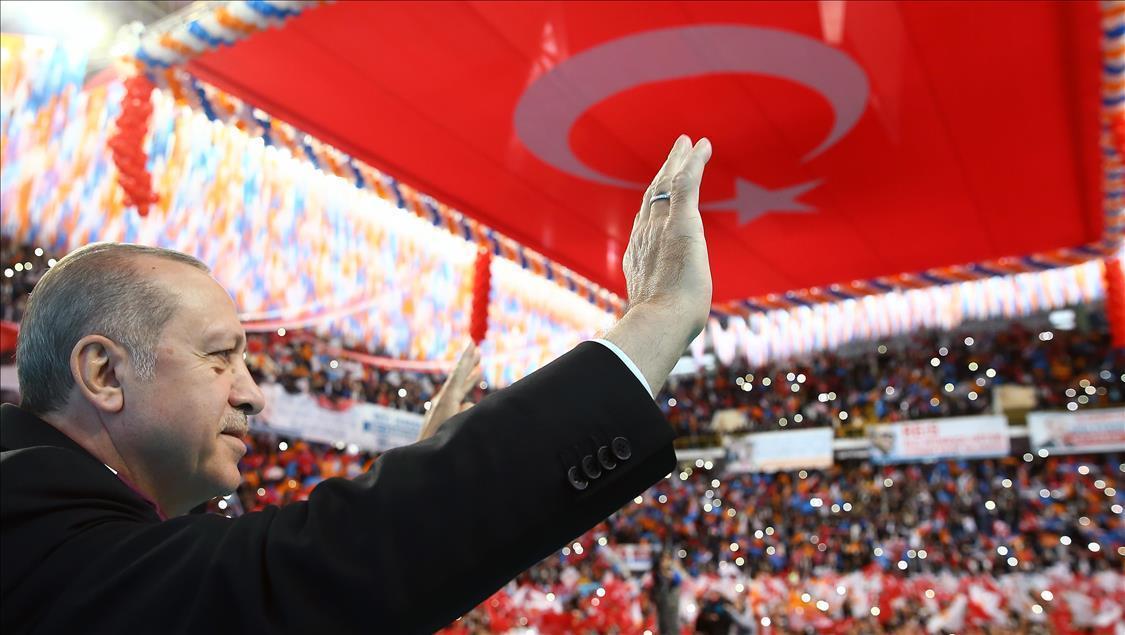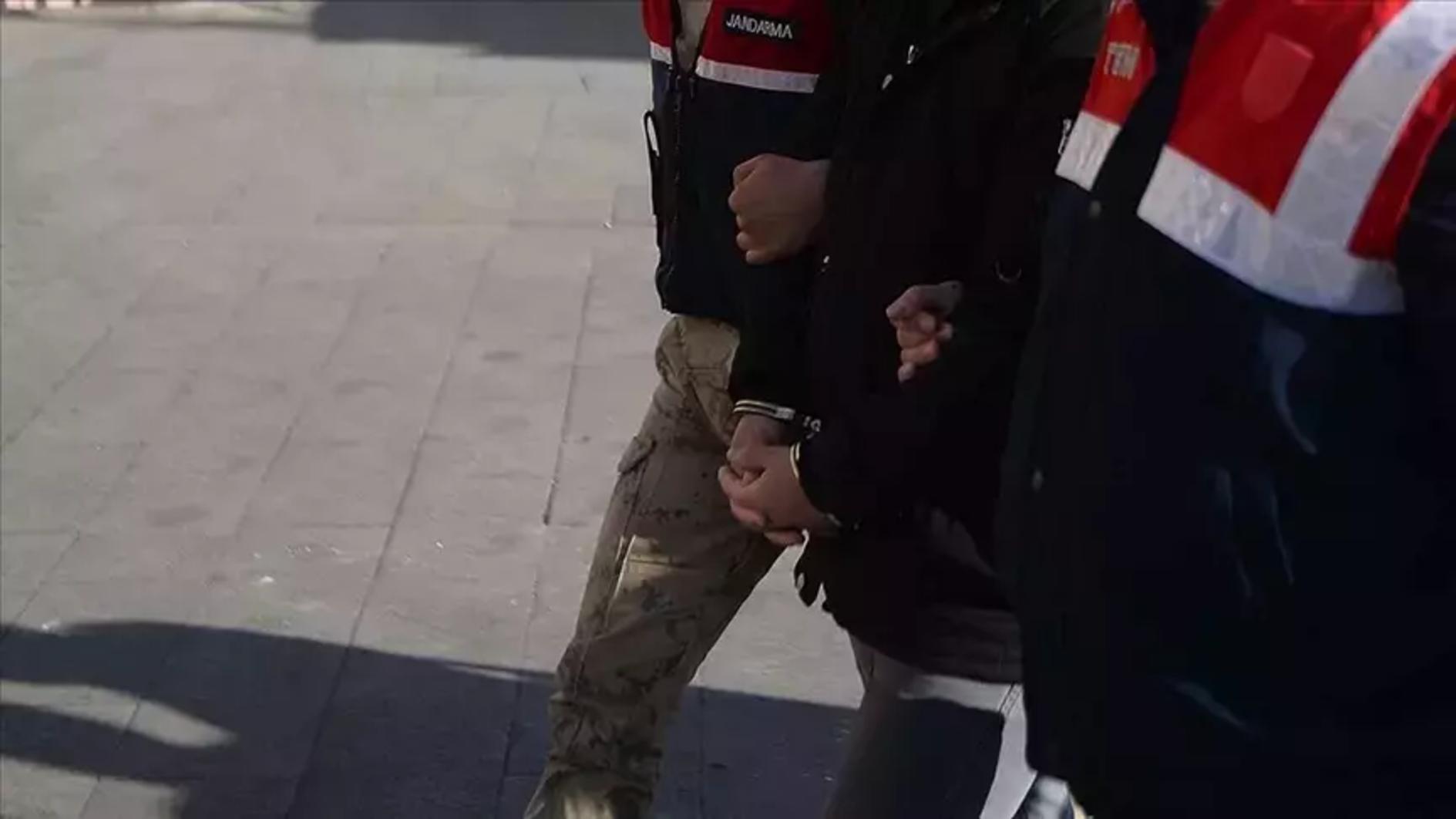Turkish government wants expanded probe into ’97 coup plot
ANKARA - Hürriyet Daily News
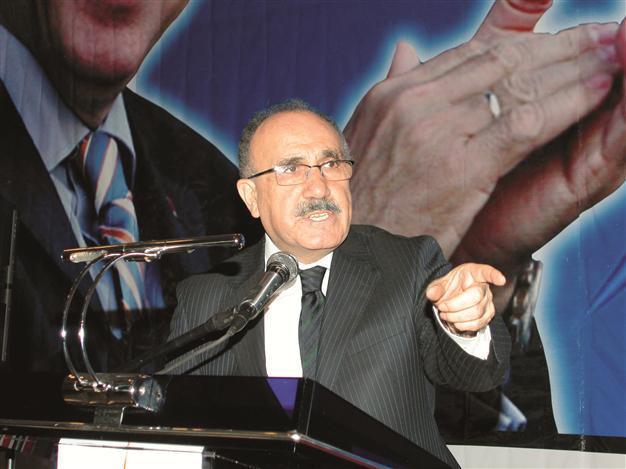
Deputy Prime Minister Beşir Atalay says in a televised interview that Turkey’s former president Süleyman Demirel chaired the Feb 28, 1997, meeting of the National Security Council and put pressure on the government to leave at the time.
Former president Süleyman Demirel faced accusations yesterday for having led the 1997 “post-modern” coup, as the prime minister called for an expansion of the investigative probe to include business people, journalists and academics that backed the army at the time.“Everybody knows what role Demirel played at the time. He was the president. He chaired that famous February 28 meeting of the National Security Council and coordinated the process. He met all the demands [of the military] and put pressure on the government to go,” Deputy PM Beşir Atalay said yesterday on Kanal 7 television.
Atalay quoted Demirel as saying in later years that his actions had stopped the military from carrying out a full-fledged coup. When asked whether Demirel was actually the leader of the coup Atalay said “it means he was.”
‘Post-modern coup’
The “post-modern” coup, also known as the “Feb. 28 process,” refers to an army-led secularist campaign which forced the late PM Necmettin Erbakan to step down in June 1997, after only a year in office.
Erbakan resigned in the expectation that Demirel would give the prime minister’s mandate to his center-right coalition partner and the government would stay intact. Demirel instead gave the mandate to another politician who formed a minority government.
Prime Minister Recep Tayyip Erdoğan, who belonged to the ousted Welfare Party (RP) at the time of the coup, stressed that members of the business community, the media, civic society and academia collaborated with the military in the campaign against RP.
“It’s wrong to transform this into a witch hunt but justice should prevail,” Erdoğan said.
“The probe should go as far as it can. There were many who got involved – from the business world, the media, the civic society and university rectors. The issue is not only about the army,” he told journalists accompanying him on a trip to Doha on April 21.
Erdoğan regarded the failed bid to outlaw his Justice and Development Party (AKP) in 2008 as a “civilian coup” attempt, he said.
Atalay said that he himself became victim of the “post-modern coup” when he was removed from office as rector of Kırıkkale University after he refused to cooperate with the military.
Over the weekend eight more acting and retired military officers were jailed pending trial in the coup investigation, bringing the total number of suspects arrested in two waves of raids since April 12 to 26.


